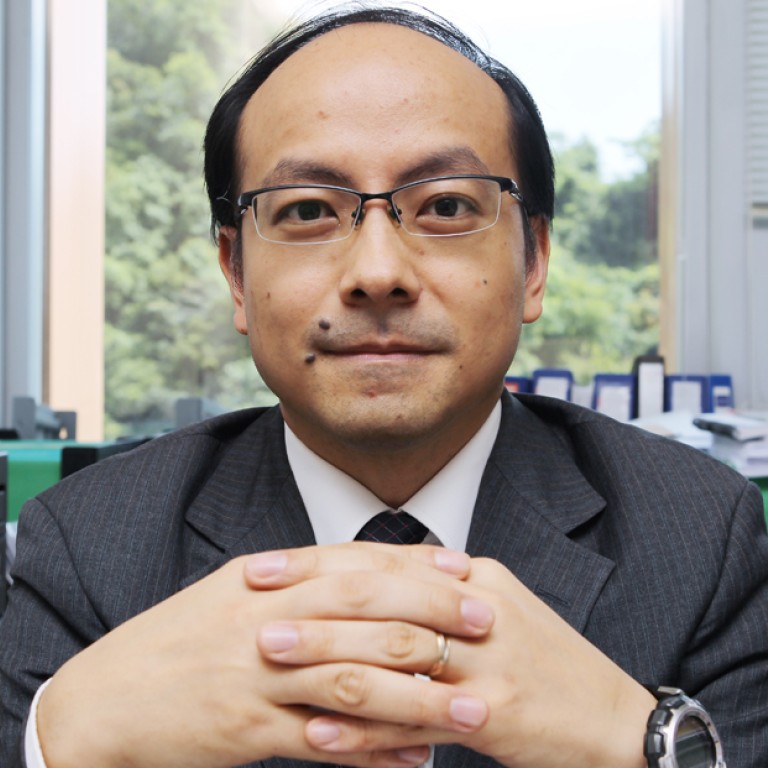
Top court convicts lawyers; so why the recent acquittals?
Acquittals stem from poor understanding of lawyers and perils of common-law offences
After barrister Philip Wong Chi-wai's exoneration by the Court of Final Appeal recently, the buzz in the legal community is that the final court never convicts lawyer defendants.
This assertion is untrue. The court has left undisturbed the criminal convictions of lawyers including Peter Lau Kam-ying (2013), Stanley Ma Ho-fai (2011), Peter Chan (2005) and Dixon Tang Kwok-wah (2001).
No doubt the mistaken impression arises from recent high-profile acquittals: Winnie Lo Wai-yan, exonerated last year on a charge of conspiracy to commit maintenance; Vivien Fan Cho-man, Donald Koo Hoi-yan and Simon Lai Sau-cheong in the Shanghai Lands case, exonerated in 2011 on charges of conspiracy to defraud and publishing false statements; and Kevin Egan and Andrew Lam Ping-cheung, exonerated in 2010 on charges of conspiracy to pervert the course of justice.
If bias cannot explain these exonerations, is there a common thread to help us understand them? There is, of course, the armchair quarterback response to blame the prosecution; indeed, the court was expressly critical in the Shanghai Lands case ("Justice was not served by the way in which the prosecution went about deploying the co-conspirators rule"), Wong's case ("An unjustified misapprehension on the prosecution's part") and Lo's case (the prosecution "espoused the drawing of erroneous and unjustified adverse inferences against her"). But after-the-fact criticism aside, I offer two further perspectives.
First, these cases celebrate the fundamental rule that there must be proof of moral culpability beyond reasonable doubt before a person can be convicted of a serious criminal offence.
All the lawyers faced charges for offences that allegedly arose in the course of discharging their professional duties.
Lower courts were too quick to draw inferences of guilty knowledge or conspiracy with those who were committing crimes. Lawyers' duties were not fully appreciated.
As the court held in the Egan decision, lawyers are "bound to adopt an agnostic approach towards the client's instructions". They are "required to abstain from forming any belief one way or the other" and "to attribute guilty knowledge or belief and criminal liability to the legal adviser in such circumstances would gravely endanger the fundamental right to legal advice and representation".
In short, before charging a lawyer for acts done pursuant to his or her professional duty, evidence of , or a guilty mind, must be "very plain" and convincing.
The second perspective highlights the problem with common-law offences - those not defined in legislation but by judges in their judgments.
All the lawyers were defending against what were, in substance, common law offences. The lack of clarity with such offences probably contributed to the miscarriages in the cases of Lo, Egan, Lam and Wong. The court in these cases went to some lengths to outline the elements of the offences. In Lo's case, it even asked if the offence of maintenance should be retained and called for a study.
A more fundamental objection to common-law offences is based on Lord Bingham's "important democratic principle", that "it is for those representing the people … not the executive and not the judges, to decide what conduct should … attract criminal penalties".

